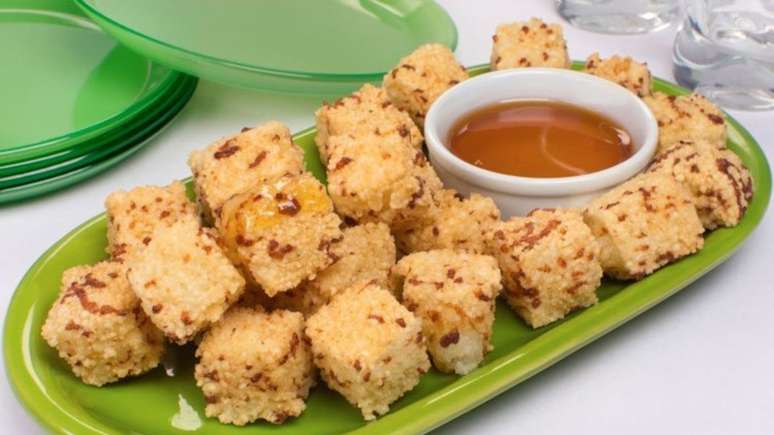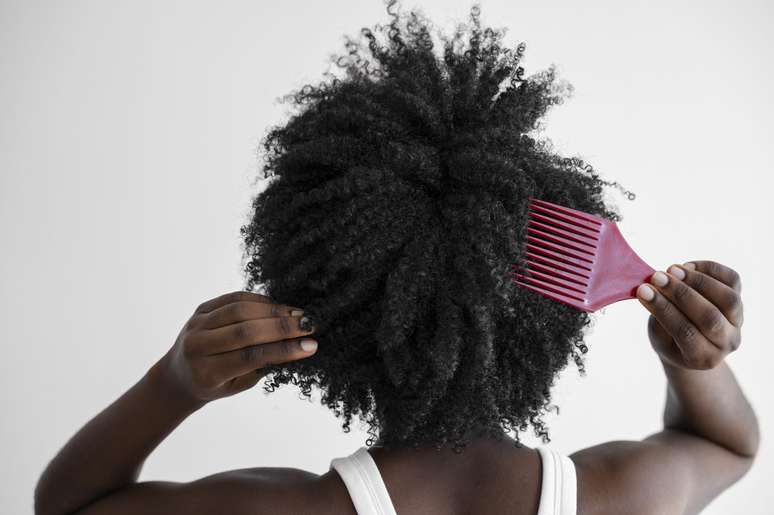Kitchen cabinet handles, refrigerator doors, and microwaves are all high-risk areas: They harbor various types of bacteria, including listeria and E. coli, according to a 2013 study published in the journal Food Control. “Make it a habit to wipe down these often-neglected areas with a disinfectant every evening,” advises Debra Johnson, a home cleaning expert with an international cleaning company.
Do not remove the burners when cleaning the stove
According to experts, the main rule for cleaning kitchen appliances involves their regular disassembly, and this applies, first of all, to the stove – after all, grease is deposited on it every day. Cleaners advises making sure to remove the burners to wipe down the area beneath them, as well as cleaning the burners themselves – an ammonia tip suggested by Ann Russell works for this.
Do not wash the filter jug
It may seem that the filter jug cannot get dirty – after all, it contains clean water. However, ignoring its washing is a very dangerous action when cleaning the kitchen: H2O at room temperature is an ideal environment for bacteria to grow. So disassemble the jug every week and clean it with lukewarm soapy water or put it in the dishwasher if the instructions allow it.
Do not test cleaning products
Do you want to know how to avoid problems when cleaning kitchen surfaces? According to experts, the simplest thing is to test the cleaning product you are using for the first time on an inconspicuous area of furniture or on the body of a household appliance. Over time, you will collect your own collection of sprays, powders and gels that will definitely not cause any harm.
Rarely wash kitchen towels
A tea towel is like a Swiss army knife: it is used to dry dishes, hands and food – and all this is not always washed really well. Professional cleaners advise throwing towels into the machine every time you do laundry – this will prevent the spread of bacteria.
Use harsh chemicals to clean cabinets
Want to know which chemicals to avoid in your kitchen when organizing your cabinets? The first step, says Kevin Gick, a cleaner who works for a company that specializes in crime scene cleanup, is to avoid harsh chemicals such as ammonia, solvents and bleach. Instead, Gick advises making a simple disinfectant spray in a spray bottle by mixing 9 percent white vinegar and water in a one-to-one ratio.
Kevin also advises reducing the use of abrasives when cleaning in the kitchen: even mild ones like baking soda can leave scratches on wood and painted surfaces, copper, aluminum and silverware, l stainless steel and marble and quartz countertops. And of course, it is not recommended to use hard metal sponges to wash these items.
Wash pots and pans immediately
Many people wonder how to choose the right detergents for washing dishes in the kitchen, but at the same time they spoil expensive pots and pans with their own hands, immediately filling them with water after cooking. You can’t do this: if the metal hasn’t cooled, soaking can warp it and the object will last much less than it could.
Forget about washing household appliances
Even a coffee grinder requires cleaning: when grinding the beans, they release aromatic oils that give aroma to the fresh drink, but spoil your espresso the next day if it gets into it from a dirty appliance. Here’s how often cleaners recommend washing equipment:
Do not wash cleaning tools
The public health organization NSF International recently discovered that more than 75% of sponges and washcloths are contaminated with disease-causing bacteria. “Their repeated use causes microorganisms, including E. coli, to spread throughout the kitchen,” says Robert Donofrio, director of microbiology at NSF International.
It is very important to think not only about how to avoid damaging surfaces when cleaning the kitchen, but also what you use to wash them. Donofrio advises changing or disinfecting sponges every day and spraying brushes with disinfectant every night or putting them in the dishwasher to clean them.
Even more interesting materials can be found in our Telegram channel.









-1hrj6v5irap12.jpg)
